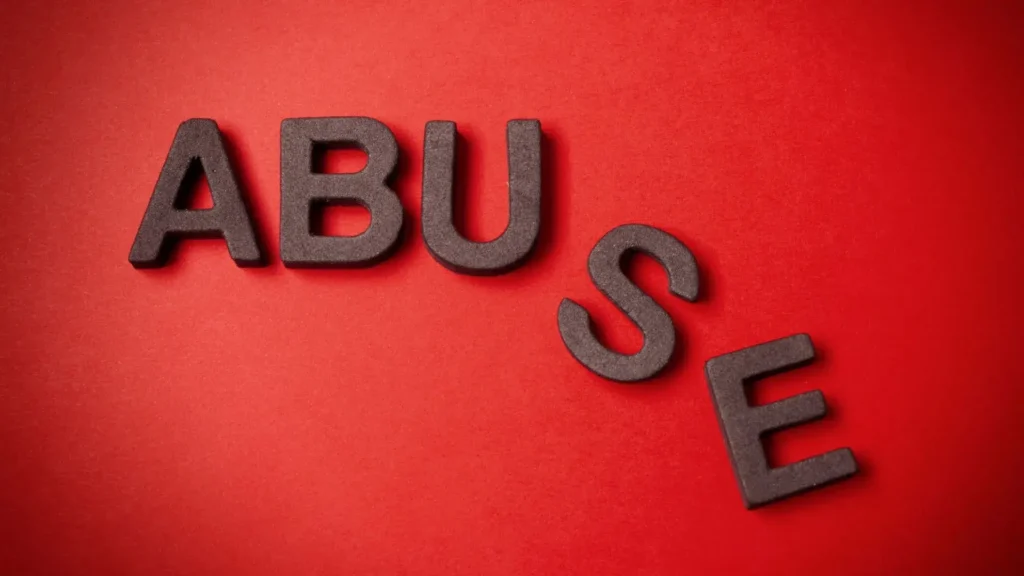Understanding the Limits of Divorce Mediation
If you’re going through a divorce and are considering alternatives to litigation, you may find yourself wondering, “When is divorce mediation not recommended?” While divorce mediation offers a pathway for many couples to resolve their disputes amicably, it’s not a one-size-fits-all solution. Mediation is designed to facilitate negotiations on matters like asset division, child custody, and support in a less adversarial environment than a courtroom. However, certain circumstances make mediation less viable or effective.
When Is Divorce Mediation Not Recommended?
High-Conflict Situations

Obviously you an your ex will have some issues. Otherwise you wouldn’t be getting a divorce. However, sometimes the emotional volatility between divorcing parties reaches insurmountable levels. These scenarios often feature intense disagreements that escalate quickly, making it difficult for mediators to maintain a productive dialogue. When discussions are perpetually derailed by hostility and an inability to listen to one another, the mediation process is likely to falter. In these situations alternative dispute resolution methods or court intervention may be necessary to resolve the divorce terms.
In order to know if your relationship with your ex is too high conflict with for mediations you will need to analyze your relationship and ask some tough questions. For example:
- Are you and your ex willing to compromise?
- Mediation requires both parties to be open to negotiation and compromise. If one or both parties are set on specific outcomes without flexibility, mediation might not be the appropriate path.
- Are you seeking vindication or an amicable solution?
- If you’re more interested in validating your own feelings or grievances than coming up with an amicable solution, then mediation may not be for you. Mediation focuses on finding mutual ground and crafting agreements that serve both parties’ futures, rather than dwelling on past conflicts or assigning blame. So, if you do not feel you can put your need for vindication to the side in the interest of constructive dialogue and cooperation, then mediation would likely fail.
- Are both parties willing to be honest?
- If you or your ex cannot be truthful, it can severely compromise the foundation of trust that mediation relies on. Without honesty and transparency, reaching equitable agreements that reflect the true nature of the marriage’s assets and responsibilities is challenging.
Analyzing the dynamics of your relationship and asking critical questions like these are essential steps in determining if mediation is a suitable path for your divorce. Such reflection is key to understanding whether the environment between you and your ex can support the cooperative and constructive dialogue necessary for successful mediation.
Imbalance of Power

Mediation might not be the best choice if there is a significant imbalance of power between the parties. This can include financial disparities, differences in access to information, or psychological dynamics that leave one party at a disadvantage.
For instance, if one spouse has always controlled the family finances, the other might not have the necessary information or confidence to negotiate effectively in mediation. This lack of financial transparency and understanding can lead to outcomes that do not accurately reflect an equitable division of assets and responsibilities.
In such cases, the structured support of litigation, with its formal discovery process, can help level the playing field. This would ensure that both parties have access to all relevant information and a fair opportunity to present their case.
Abusive Relationships

In abusive relationships, the dynamics can significantly impact the efficacy and safety of divorce mediation. The abusive partner may use intimidation, manipulation, or coercion, making it difficult for the victim to advocate for their needs and rights effectively. In these cases, the confidential and less formal setting of mediation, while beneficial in other contexts, may inadvertently create a space that continues that dynamic. This lack of protection and formal authority can leave the victim vulnerable, not only failing to secure a fair and just outcome but potentially placing them in harm’s way.
Consequently, alternative legal avenues that offer more structured support and protection, such as traditional litigation, are often recommended. These avenues apply framework designed to safeguard the interests and well-being of all parties, particularly those at risk of further abuse. Our lead attorney at Jafari Law & Mediation Office is an expert Domestic Violence Attorney with over 20 years experience. Contact us Today for a consultation.
National Domestic Violence Hotline:
800-799-7233
When Is Divorce Mediation Recommended?

Exes who get along: Ex-couples who can communicate respectfully and are willing to work together to resolve their differences can benefit significantly from mediation. It’s for those who seek a less adversarial process than what is often found in court.
Those Seeking Control Over the Outcome: Mediation allows couples to have more control over the outcomes of their divorce. It’s suitable for individuals who prefer to make decisions about their lives rather than leaving them in the hands of a judge.
Parents Focused on Working Together for the Child(ren)’s Sake: For parents committed to minimizing the impact of divorce on their child(ren), mediation can offer a space to prioritize the well-being of their family and develop co-parenting strategies.
Conclusion
The answer to “When Is Divorce Mediation Not Recommended?” can get complicated. Understanding when mediation is not recommended can help you make informed decisions about how to proceed with your divorce. For those situations where mediation is not suitable, other legal avenues can provide the necessary framework to ensure fairness and protect the interests of all involved.
Not Sure About Mediation?
If you’re considering divorce and curious about whether mediation fits your situation, don’t hesitate to get in touch. Contact us today to book your consultation and discuss your options.

